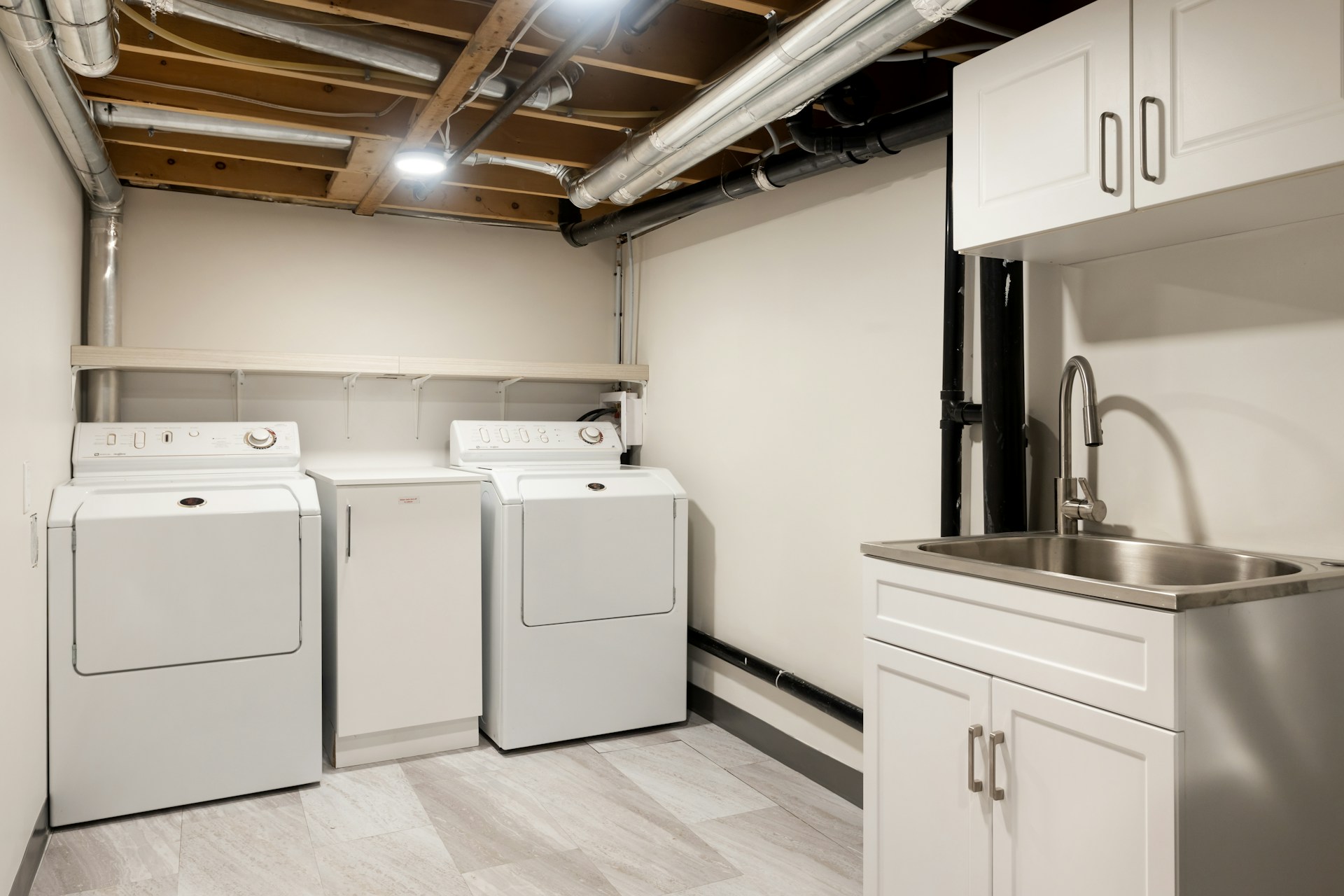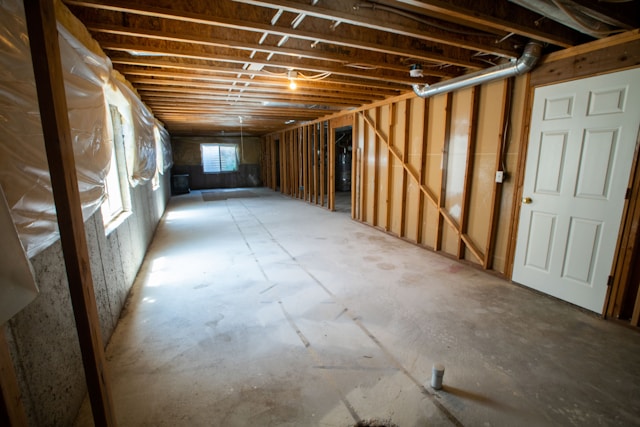In the pursuit of sustainable construction, insulation plays a crucial role, especially in basement construction. As shared on https://www.energiesparhaus.at/hausbau/keller-nachhaltig-bauen.htm, basements present unique challenges and opportunities regarding energy efficiency and sustainability. Proper insulation ensures a comfortable indoor environment and significantly reduces energy consumption, leading to a lower carbon footprint. In sustainable building practices, understanding the importance of insulation in basement construction is essential for creating eco-friendly homes. This article delves into the role of insulation in sustainable basement construction, exploring the materials, techniques, and benefits that contribute to a greener living space.
Importance of Insulation in Basements
Basements are naturally more susceptible to temperature fluctuations and moisture than other parts of a home. Basements can become cold, damp spaces that require excessive energy to heat and cool without proper insulation. Insulation is a barrier, preventing heat from escaping in the winter and keeping the basement cool in the summer. This creates a more comfortable living environment and reduces the strain on heating and cooling systems, leading to significant energy savings.
Selecting Eco-Friendly Insulation Materials
The choice of insulation materials is a key factor in sustainable basement construction. Traditional insulation materials, such as fiberglass and foam, often have high embodied energy and can release harmful chemicals into the environment. Fortunately, there are several eco-friendly alternatives that provide excellent thermal performance while minimizing environmental impact. These materials not only reduce the environmental impact of insulation but also contribute to a healthier indoor environment by avoiding the use of toxic chemicals.

Techniques for Effective Basement Insulation
Proper installation techniques are just as important as the choice of materials for effective basement insulation. One of the most critical areas to insulate in a basement is the walls in direct contact with the earth. Installing rigid foam insulation on the exterior of basement walls is a common technique that helps prevent heat loss and moisture infiltration. This method also protects the foundation from freeze-thaw cycles, which can cause structural damage over time. For interior insulation, a combination of spray foam and batt insulation can be used to fill any gaps and provide a continuous thermal barrier.
The Benefits of Insulating a Sustainable Basement
The benefits of insulating a basement go beyond energy savings. Proper insulation contributes to a more sustainable home by reducing the overall energy demand and lowering greenhouse gas emissions. A well-insulated basement can also improve indoor air quality by preventing moisture and mold growth, which can have health implications for occupants. In terms of financial benefits, insulating a basement can significantly reduce energy bills, providing long-term savings for homeowners.
Conclusion
Insulation plays a vital role in sustainable basement construction, offering benefits that extend beyond energy efficiency. Homeowners can create a comfortable, energy-efficient, and environmentally responsible basement by choosing eco-friendly materials and employing proper installation techniques. As sustainable construction practices continue to evolve, the importance of insulation in basement construction will remain a key factor in creating eco-friendly homes that meet the demands of a changing world.

